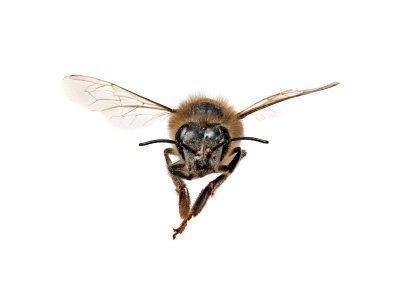By Julie Johansen
The Emery County Commissioners recently received a letter from LuAnn Adams, Commissioner of the Utah Dept. of Agriculture and Food (UDAF), informing them that Africanized Honey Bees (AHB) have been detected in Emery County.
The samples were collected in 2016 and later analysis confirmed AHB in Emery County. Adams further stated that there may be undetected feral AHB colonies throughout the county. Although pollinators are an important part of Utah agriculture, the Africanized bee can be aggressive and prolific. She recommended that the county coordinate efforts to educate firemen, EMS, pest controllers and the general public to understand and mitigate the risk AHB present. She suggested that the county appoint a county bee inspector, who would serve as a resource to beekeepers and the public.
In supplementary material she forwarded, it was noted that these bees, sometimes called “Killer Bees,” were first detected in Utah in 2008. These bees are more aggressive than domesticated bees and will defend the nest in greater numbers. These bees have interbred with European bees used for production here and it is very hard to distinguish one bee from another.
Although these bees are feared by the public, very few people are actually attacked. Africanized honey bee stings are not more painful or venomous than European honey bees but the sheer number of potential stings from an aggressive hive can be of medical concern. If ones comes in contact with a swarm, leave the area immediately and take shelter in a secure vehicle or “bee proof” building. If you cannot seek shelter, cover your head and run away until they stop stinging, maybe as far as ¼ mile. Do not take shelter nor jump into a pool of water as the bees will hover above the water longer than you can hold your breath. Bees are especially defensive to dark clothing, so wearing light colored clothing may discourage stinging. Suspected AHB colonies should be removed by a pest control professional.
Bees are very important pollinators and most bees and wasps are not aggressive unless disturbed. The UDAF is closely monitoring and protecting honey bee populations.


